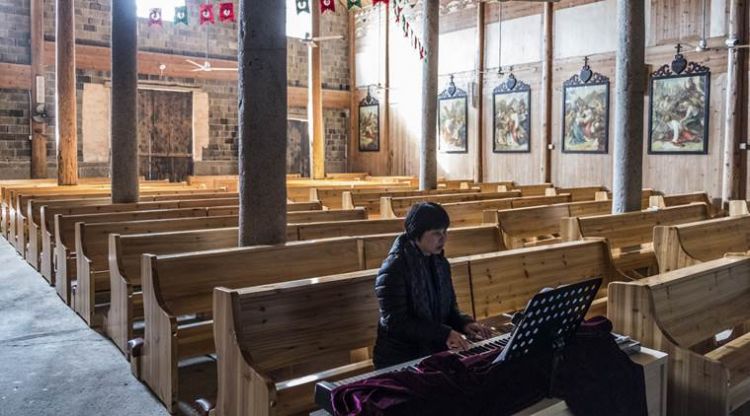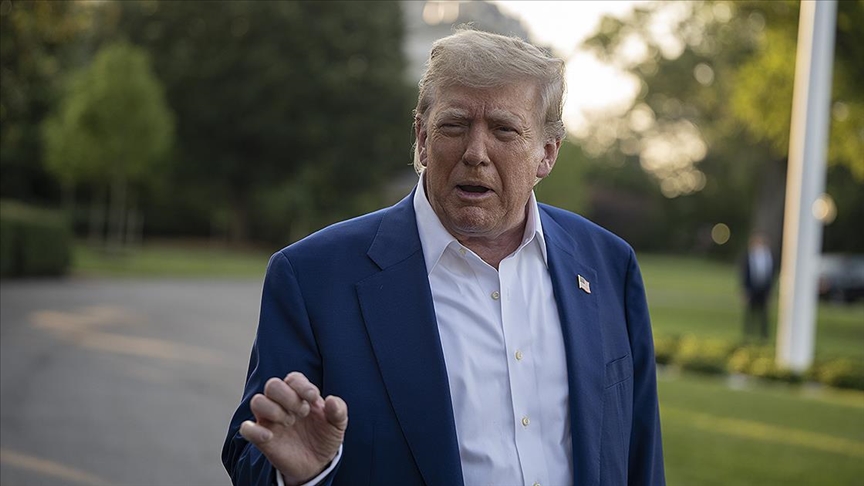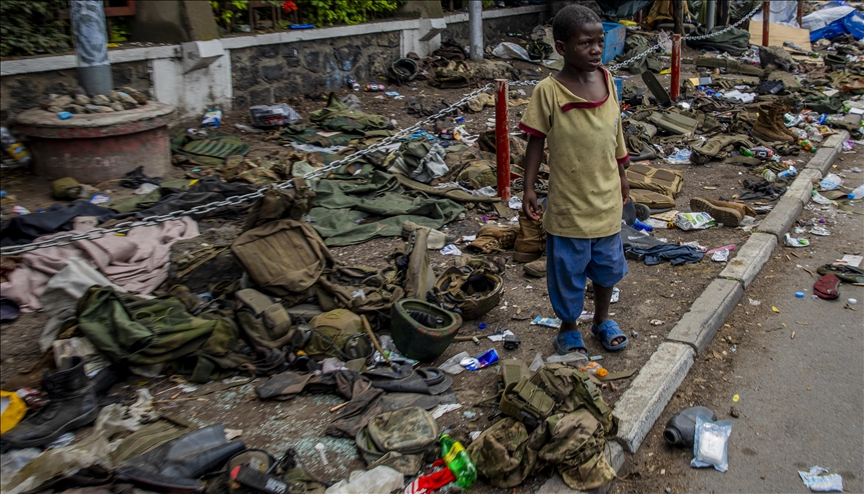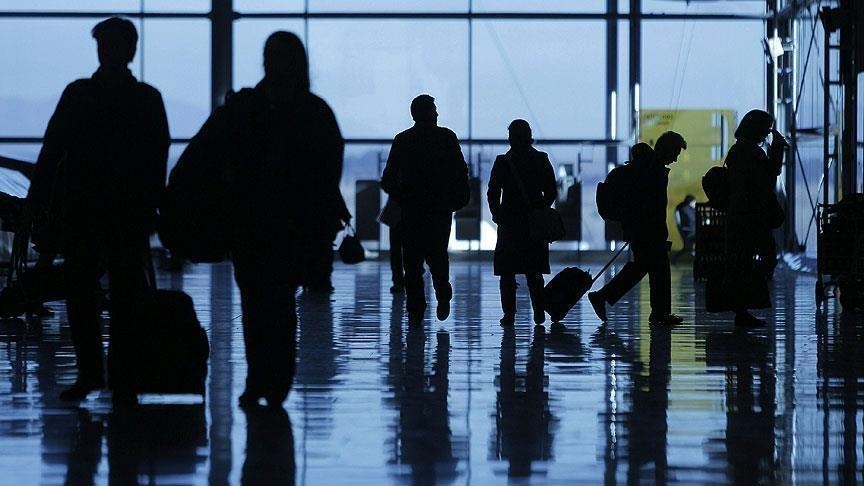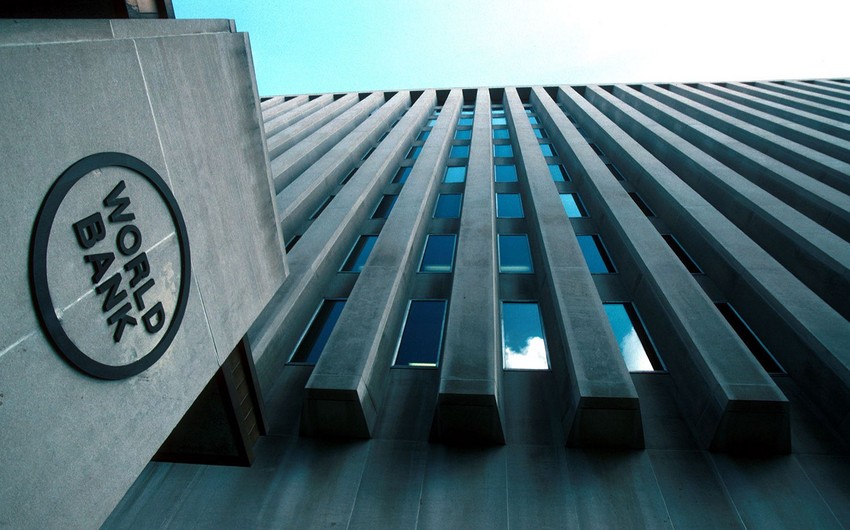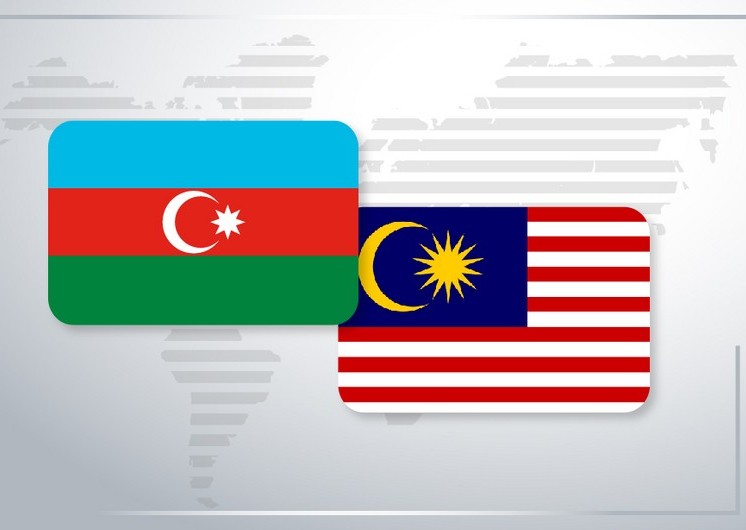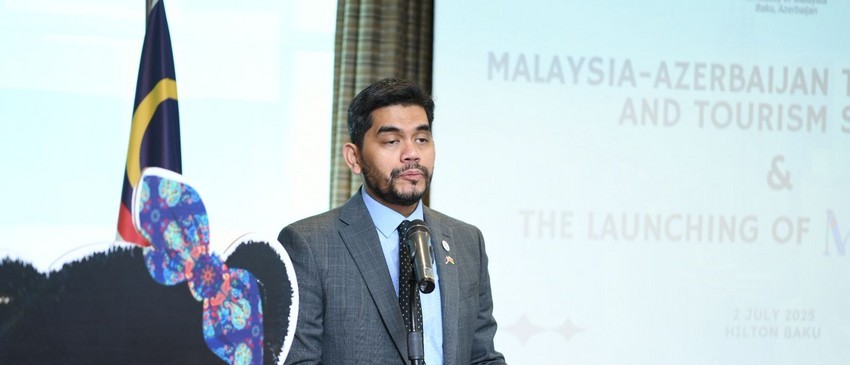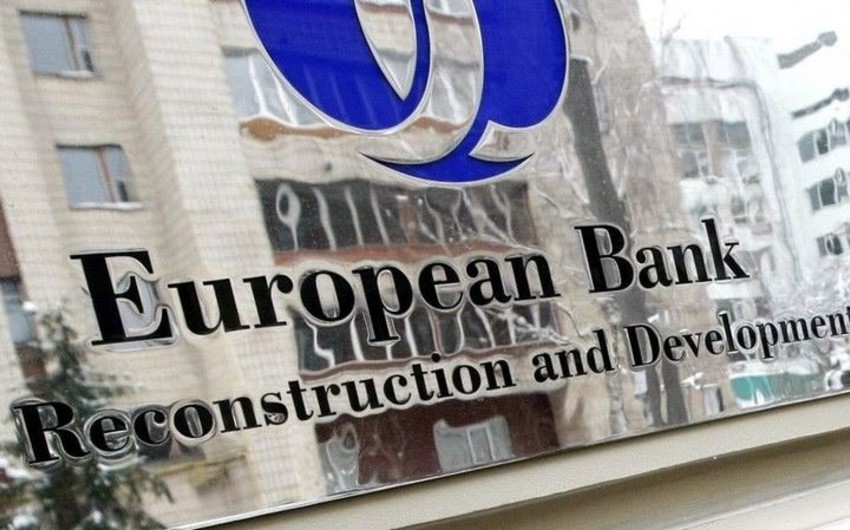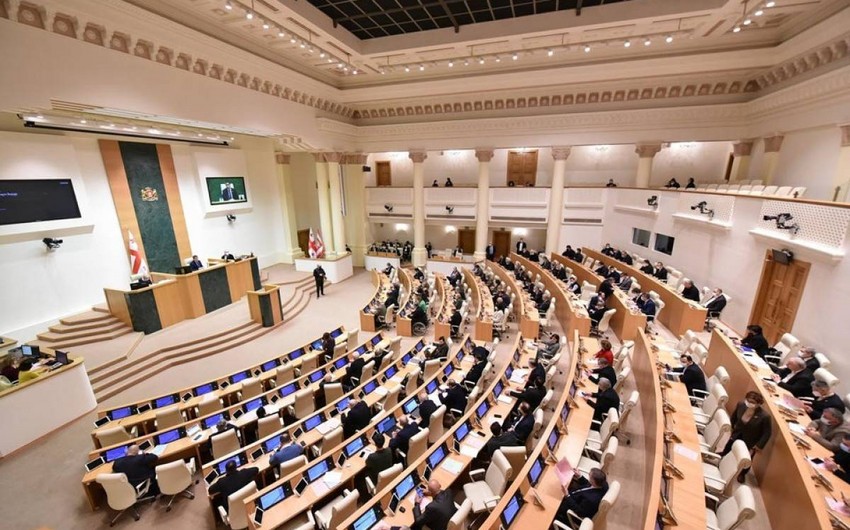Over the last two years, China’s estimated 60 million Christians have felt the power of a newly assertive government eager to bring their faith to heel.
Authorities have demolished hundreds of Protestant churches, knocking crosses off steeples and evicting congregations. Roman Catholics have faced similar measures, but the government took a different approach over the weekend, striking a diplomatic deal that Vatican officials said was a historic breakthrough — the first formal acknowledgment by Beijing of the pope’s authority in Catholic churches in China.
Beijing’s goal in the agreement, however, appears to be the same as with the church demolitions: gaining more control over the rapid spread of Christianity, the only foreign faith to gain a permanent foothold in China since the arrival of Buddhism two millenniums ago.
“We’re at a turning point,” said Ying Fuk-tsang, director of the divinity school at the Chinese University of Hong Kong. “The administration feels that the government had been too lax in the past and now wants to increase the pressure.”
Under the agreement signed Saturday, Pope Francis recognized the legitimacy of seven bishops appointed by Beijing in exchange for a say in how future Chinese bishops are named.
The ruling Communist Party sees the compromise with the Vatican as a step toward eliminating the underground churches where Chinese Catholics who refuse to recognize the party’s authority have worshipped for generations. With the pope now recognizing all bishops and clergy in the official Catholic churches approved and controlled by the party, the underground church may have no reason to exist.
The move is part of a broader push by the government to clamp down on all aspects of society since Xi Jinping took power as the party’s leader in 2012. Xi has presided over a far-reaching crackdown on corruption, civic organizations, and independent journalism, but his approach toward religion has been more selective.
With many Chinese searching for values and traditions amid a sometimes confusing and chaotic period of economic change, Xi has encouraged the growth of some religions, such as Buddhism and Taoism, even as he has taken steps to ensure they toe the party line. Last month, China’s famous Shaolin monastery raised the national flag for the first time in its 1,500-year history.
Xi has taken a much harsher position on Islam, which authorities associate with the challenge of governing ethnic minorities, some of whom have embraced separatist or terrorist groups in China’s far west. The government is detaining vast numbers of Muslims for re-education, its most sweeping internment program since the Mao era.
Christianity poses a different set of challenges. It has spread most quickly among white-collar professionals in China’s biggest cities and most prosperous regions, many of whom worship in underground churches outside government control, and the government’s tactics reflect the differing fates of its two branches.
Catholicism gave China its first permanent Christian presence 400 years ago and benefited mightily after Western military forces required China to allow in missionaries. The global church poured in talent and money, opening churches, schools and hospitals across the land.
After the Communist takeover in 1949, however, Catholicism’s established hierarchy in China became a weakness. When diplomatic ties were cut in 1951, the government expelled hundreds of foreign priests and bishops. It took control of the church’s top-down structure and began appointing clergy loyal to its vision of a Chinese church with no foreign ties.
Since then, Catholicism has stagnated. The number of Catholics has tracked population growth, rising from 3 million in 1949 to about 10 million today, making it the smallest of China’s officially approved faiths.
Millions of these believers stubbornly resist government control. In some parts of China, the Catholic populations of entire counties attend underground churches and the party-controlled churches stand almost empty, their clergy ignored.
All of this could change under the rapprochement between the Vatican and Beijing.
Several underground bishops in China, including two popular bishops in staunchly Catholic parts of the country, are expected to step down to make way for the bishops appointed by Beijing over the past decade whom the pope has agreed to recognize. In exchange, the pope is gaining some role in the appointment of new bishops. There are about 100 bishops and prelates in China, including underground and approved, and a dozen vacant positions.
Exactly how this will work is unclear. Both sides have described the agreement signed Saturday as preliminary and neither has released details. But some informal veto system seems likely. The Vatican could reject candidates suggested by Chinese authorities, although mainly through quiet consultation rather than formal voting.
In the long run, diplomatic ties could be restored between Beijing and the Vatican.
Some Chinese Catholics see this as helping a church that has been unable to respond to changing times. China is rapidly urbanizing, for example, but many rural Catholics find little outreach when they migrate to take jobs in the cities. A unified church could address that.
“I think if it helps unite the church, then it’s a good thing,” said You Yongxin, a Catholic writer based in the eastern Chinese city of Fuzhou. “If the pope is convinced he can get good bishops appointed through this deal, then we have to trust that he will.”
Indeed, if carried out as advertised, the deal would give the church a formal role in appointing clergy in party-controlled churches in China for the first time in nearly 70 years. That would be a significant concession by the government. By contrast, Beijing does not give the spiritual leader of Tibetan Buddhists, the Dalai Lama, any say over the appointment of monks or abbots.
Still, the deal came as a shock for many Chinese Catholics.
The Rev. Paul Dong Guanhua, a self-ordained bishop in the underground church in the northern Chinese city of Zhengding, said it made no sense that Beijing would sign on to any deal that could strengthen the church.
“Well, if there’s an agreement, there’s an agreement,” he said in a telephone interview. “But I find it absurd and I wonder how many other Catholics can agree with this decision.”
Other prominent underground clergy members, like Guo Xijin, one of the bishops who reportedly would have to step down under the deal, could not be reached for comment. In an interview earlier this year, Guo told The Times that he would step down if asked by the pope.
Rome will also have to win over skeptical Catholics in Taiwan and Hong Kong, said Lawrence C. Reardon, a professor of political science at the University of New Hampshire who studies Beijing-Vatican relations.
Many, like Hong Kong’s retired Cardinal Joseph Zen, have vocally opposed a deal with Beijing, arguing that the Communist Party cannot be trusted.
“This is the first step in a dance that they’re going to continue,” Reardon said. “It’s also the reconciliation of the greater Chinese church.”
The situation is quite different for Protestants in China, whose numbers have climbed from an estimated 1 million believers in 1949 to upward of 50 million now, in part because the lack of church hierarchy allowed for rapid growth even in times of persecution.
Without a diplomatic partner with which to negotiate, Chinese authorities have employed a different tactic: knocking down a fraction of churches to send a message to many others.
The campaign began in 2014 when the province of Zhejiang demolished a big Protestant church and began removing spires from hundreds of others. By 2016, more than 1,200 mainly Protestant churches had been decapitated in Zhejiang, part of an effort that appeared aimed at reducing the religion’s visibility.
The pace seems to have accelerated this year, with several churches in other parts of the country shut down or demolished, including the Golden Lampstand church in Shanxi province and the Zion church, a large unregistered church in Beijing known for its Korean- and English-language services.
The government has also banned online sales of the Bible and called for the development of a Chinese-style Christian theology.
The goal appears to be to push Protestant churches to register with the government. “The message is that they can’t be independent,” Ying said. “The question is control.”

